
Not every American uprising started with muskets and midnight lanterns. In 1946, a group of fed-up war veterans in tiny Athens, Tennessee, grabbed their rifles—not to start a war, but to defend democracy. Sound wild? It was. Here’s how local corruption pushed ordinary citizens into staging their own rebellion.
Entrenched Political Machine In McMinn County
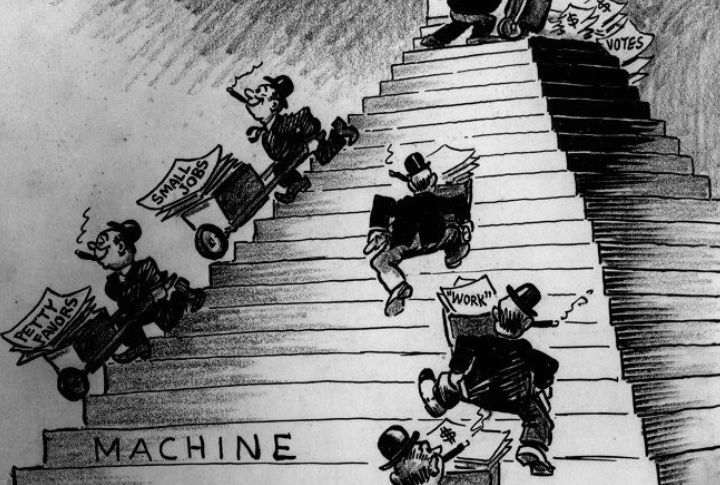
For over a decade, McMinn County politics were controlled by a small group loyal to Sheriff Paul Cantrell. Patronage jobs and loyalty-based appointments allowed the machine to tighten its grip. Power rarely changed hands, and election outcomes became predictable. Locals had few legal tools left to challenge decisions made by those already in office.
Widespread Election Fraud And Voter Intimidation
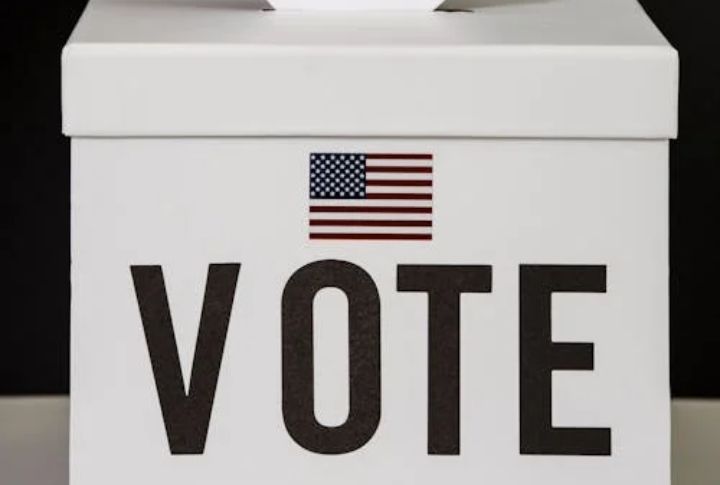
Ballot boxes were routinely seized before counting and often removed to jail or sheriff-controlled buildings. Armed deputies patrolled polling places, intimidating voters and opposition poll watchers. Reports of stuffed boxes and falsified returns became common. Residents learned quickly that casting a vote didn’t always mean it would be counted—or that the results would reflect the will of the people.
Sheriff’s Department Operating As A Private Army

Deputies started acting without legal restraint, using arrests and intimidation to silence dissent. Those aligned with the ruling network received protection, while critics were targeted. The sheriff’s office blurred the line between law enforcement and political control, creating a climate in which public trust gave way to fear and resignation.
Suppression Of Independent Media And Information

Local newspapers faced intense pressure to avoid criticizing county officials. Editors who printed unfavorable reports risked retaliation, including financial ruin or legal action. This limited what voters knew about ongoing abuses. Without a reliable flow of information, opposition efforts struggled to gain traction, and the political machine maintained control over the public narrative.
Veterans’ Frustration With Postwar Civic Decay
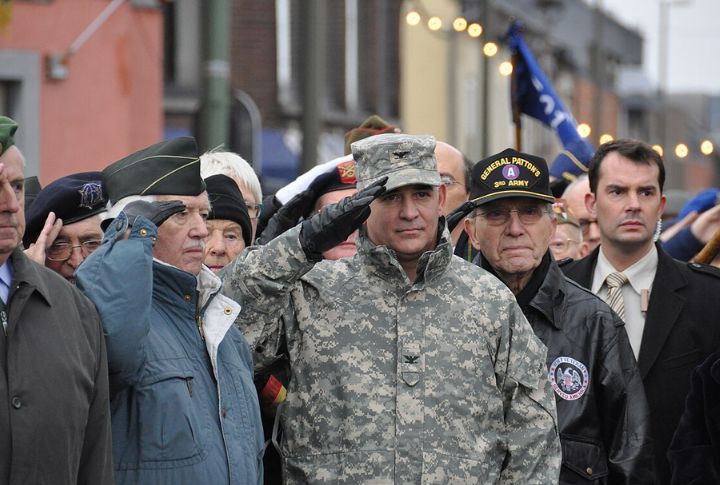
Returning servicemen expected fair elections and lawful governance. Instead, they found a system that ignored basic democratic principles. Their wartime discipline and training made them particularly attuned to the misuse of authority at home. Many joined efforts to challenge the status quo not out of anger but from a sense of obligation to the values they had defended overseas.
Disenfranchisement Of Rural And Working-Class Citizens
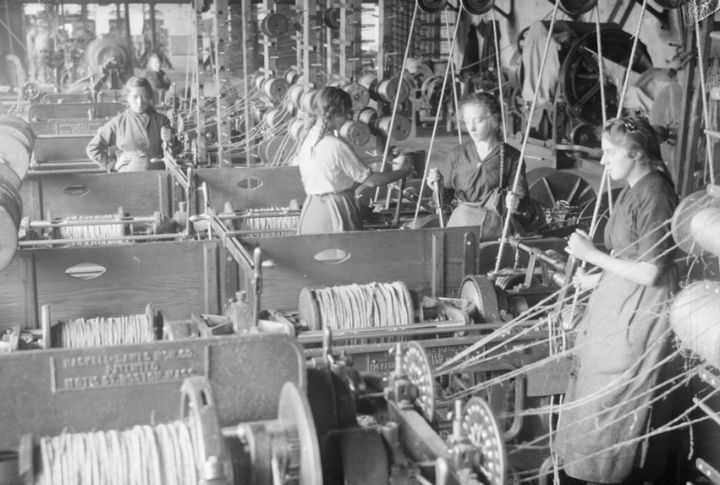
Many residents outside Athens felt excluded from county decisions. Polling access was limited, and complaints about misconduct were dismissed. The machinery of local government favored insiders, reinforcing inequality in representation. For those without political connections, the idea of change through official channels seemed more distant with each passing year.
Failure Of State Oversight And Legal Recourse

Complaints about corruption in McMinn County reached state authorities, but no meaningful intervention followed. Courts moved slowly or ignored allegations. State officials even appeared unwilling to confront the entrenched political network. With institutional channels proving ineffective, residents began to see self-organized action as the only remaining option for addressing systemic abuse.
Militarized Tactics Used Against Unarmed Civilians
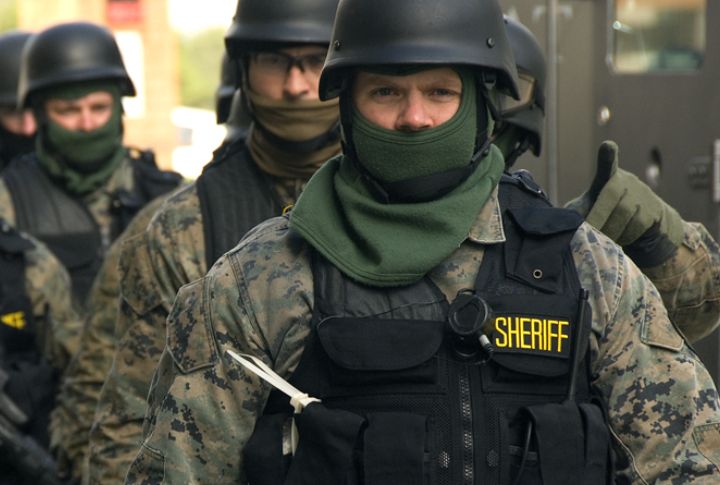
Deputies routinely used weapons and intimidation to manage elections and public dissent. Weapons like blackjacks and riot guns came to polling places, regardless of how peaceful things were. Citizens were also threatened or arrested with little cause. These tactics resembled force projection more than policing, eroding any remaining belief that law enforcement served the broader public.
Organized Resistance Among Returning GIs

Veterans didn’t act spontaneously. In the months leading to the 1946 election, many formed a slate of independent candidates and recruited poll watchers. Meetings were held quietly. Plans were drawn to ensure legal oversight of the vote. Their goal wasn’t conflict—it was accountability. But when ballots disappeared, so did restraint.
Public Support For Direct Action Against Corruption

The uprising wasn’t carried out in isolation. Many civilians backed the veterans, offering supplies and information. Years of unaddressed grievances had built a broad base of quiet frustration. So, when events escalated, the public didn’t resist the challenge. They actually reinforced it. That support helped transform a protest into a coordinated stand against local power.
